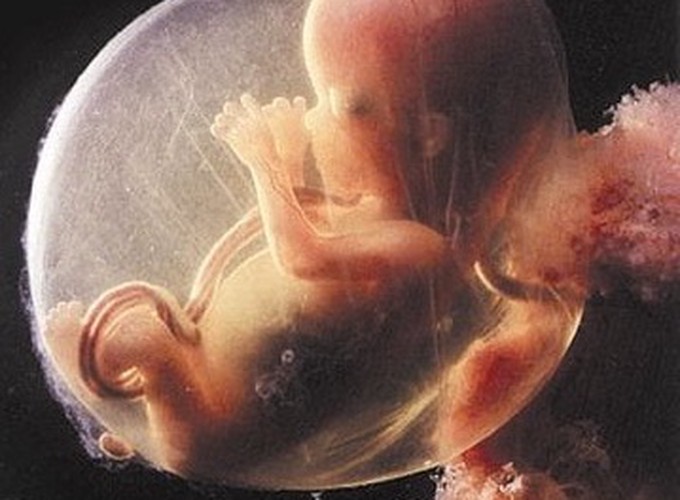Prenatal periods are key to later development and health. Neurodevelopmental conditions such as autism are no exception to this rule. In this topic we focus on this period and possible factors that could influence how the brain develops at these early points and how it may influence later life outcomes.
Relevant Publications
Lombardo, M. V., et al., (2020). Sex-specific impact of prenatal androgens on social brain default mode subsystems. Molecular Psychiatry, 25, 2175-2188.
Courchesne, E., Pramparo, T., Gazestani, V. H., Lombardo, M. V., Pierce, K., & Lewis, N. E. (2019). The ASD living biology: From cell proliferation to clinical phenotype. Molecular Psychiatry, 24, 88-107.
Lombardo, M. V., et al., (2018). Maternal immune activation dysregulation of the fetal brain transcriptome and relevance to the pathophysiology of autism spectrum disorder. Molecular Psychiatry, 23, 1001-1013.
Baron-Cohen, S., et al., & Lombardo, M. V. (2015). Elevated fetal steroidogenic activity in autism. Molecular Psychiatry, 20, 369-376.
Lombardo, M. V., et al., (2012). Fetal testosterone influences sexually dimophic gray matter in the human brain. Journal of Neuroscience, 32, 674-680.
Lombardo, M. V., et al., (2012). Fetal programming effects of testosterone on the reward system and behavioral approach tendencies in humans. Biological Psychiatry, 72, 839-847.
